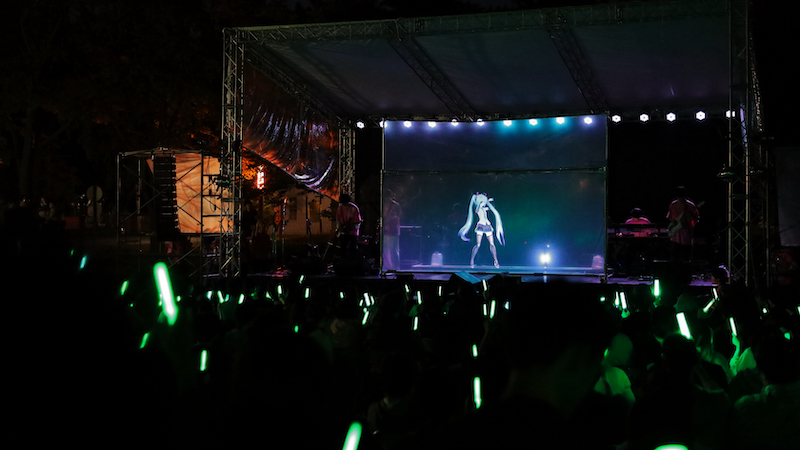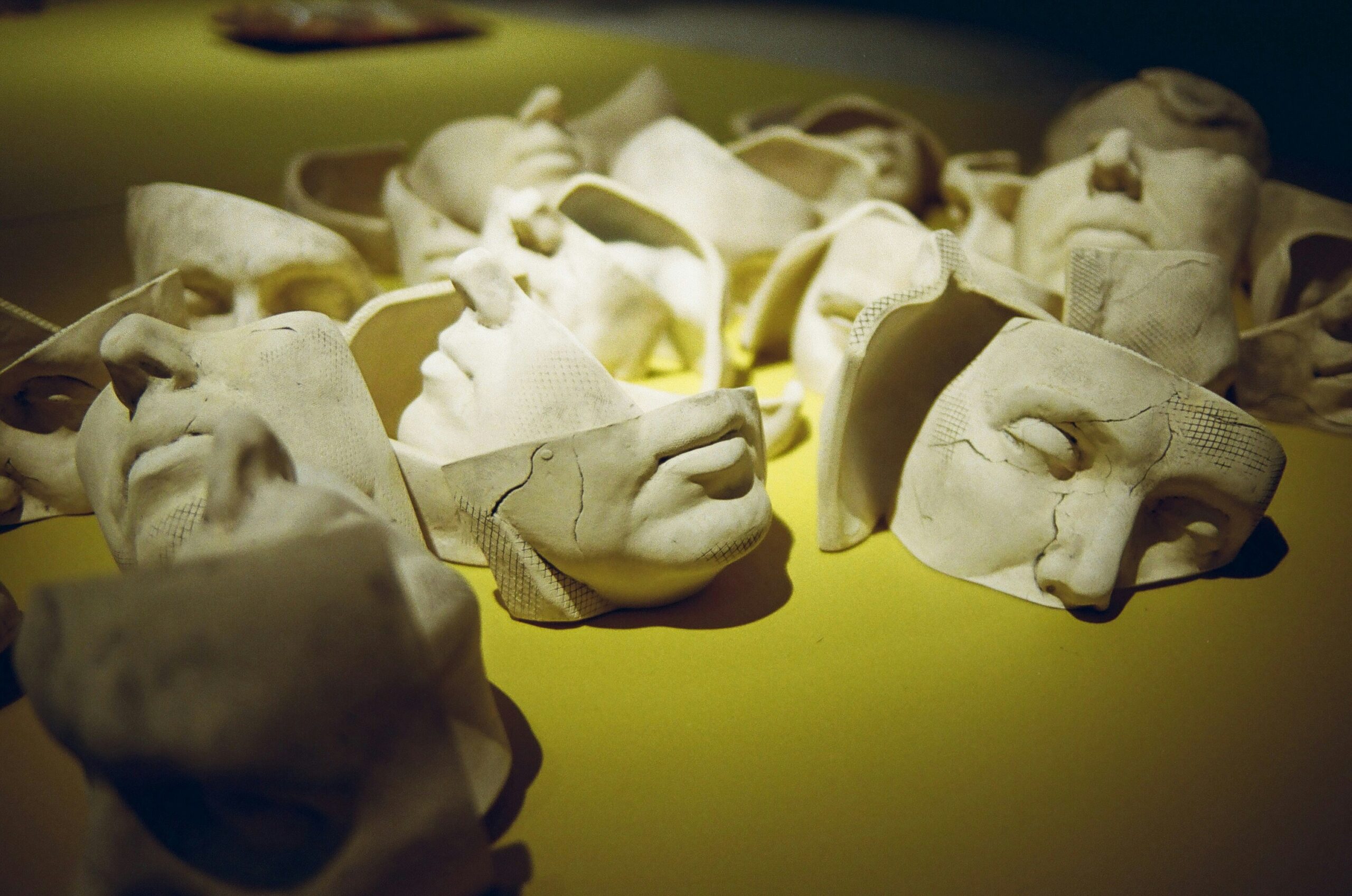The accidental film school
Ross Gibson and the lost art of the DVD audio commentary
Featured in

- Published 20250506
- ISBN: 978-1-923213-07-4
- Extent: 196 pp
- Paperback, ebook, PDF


Already a subscriber? Sign in here
If you are an educator or student wishing to access content for study purposes please contact us at griffithreview@griffith.edu.au
Share article
About the author

Sam Twyford-Moore
Sam Twyford-Moore is the author of The Rapids: Ways of Looking at Mania (2018) and Cast Mates: Australian Actors in Hollywood and at Home (2023). His work has...
More from this edition

Stuff
FictionMarty was my algorithm. He told me which internet plan to get. He researched the best conductive wall heater. He chose my clothes every night for the next day. He gave me a list of where I could go on my lunchbreak. Sometimes his decisions were arbitrary, or mysterious to me. But I did not care. It was, yes, like being a child again. And maybe Rachel was right; maybe there was something to that, something deep in my psyche. But all desire came from that deep, dark place of infancy. Your leather penchant is my life-coach-boyfriend-boss. None of us can take the high road here.

Less than human
Non-fictionWhat elevates Miku and makes her significant in our cultural landscape is her accessibility. Unlike traditional celebrities, who, even if they want to be accessible to their fans, only have so much time and can’t be perpetually available, Miku is software that anyone can buy and use. It only costs $200 and doesn’t require particularly advanced technical skills. Most of the people who produce Miku music are self-taught. One of the enduringly popular things about the concerts is that everything you see essentially comes from fans – the music, costuming and dance routines are all drawn from the expansive ‘Miku community’, where the lines between amateur and professional are deliberately blurred by everyone involved. You’re as likely to hear a song produced through a record label as you are one that was popularised by YouTube.

A freer state of being
Non-fictionToday, we live in a time in which self-worth and value are often signified by a numerical figure – how many followers we have, how many likes we receive, what level of traction our posts incite. We live in a time in which this numerical figure equates to social capital, with digital ‘celebrities’ gaining varying levels of access to places and perks on the basis of their following. We live in a time in which the aesthetics and metrics of this burgeoning digital realm pervade and influence not only the way we live our lives but what we perceive to be reality. We understand ourselves and the world around us through the cultural codes, signs and symbols we consume. We depend upon and wield such cultural codes, signs and symbols to inhabit narratives in which we wish to belong, fashioning them like an armour that tells the world who we are. Appearances are everything.
But hyperreality is an unstable landscape. When our cultural codes, signs and symbols give way, so too do our carefully curated identities, which inevitably implode.